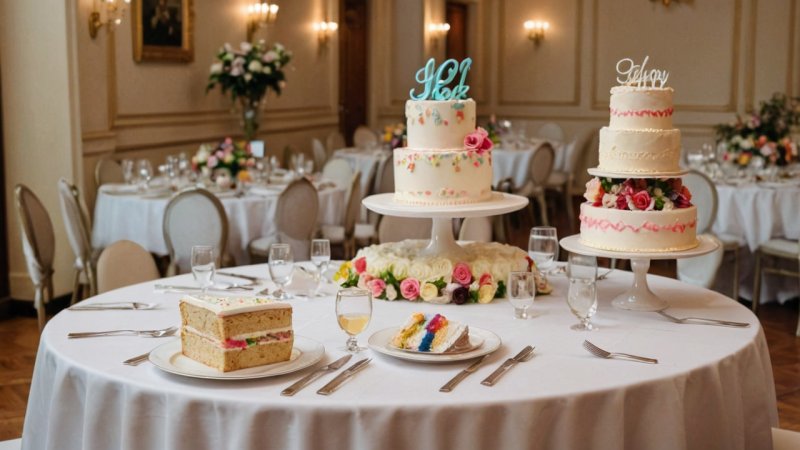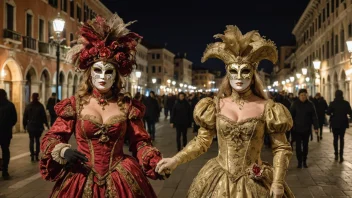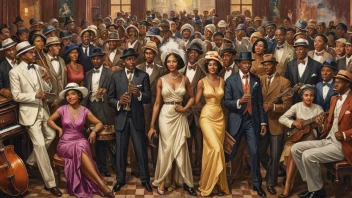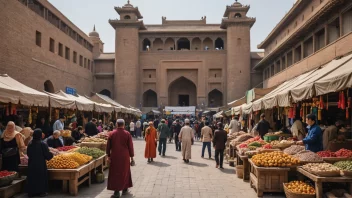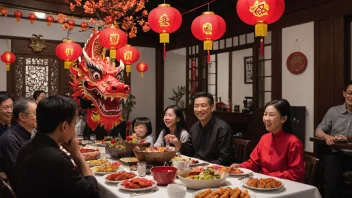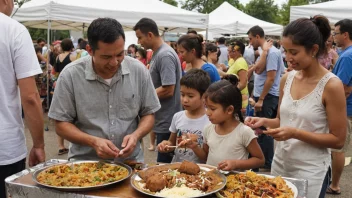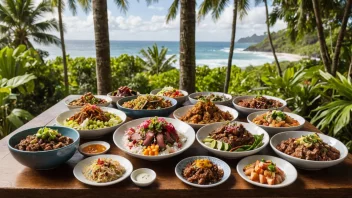Food has long been a central element in the celebration of life events across cultures. From weddings to birthdays, and graduations to religious ceremonies, the meals shared during these occasions often hold significant meaning, reflecting traditions, love, and communal bonds. This article explores the contrasting roles of food in two major life events: weddings and birthdays. By examining their cultural significance, types of food typically served, and the emotional connections they evoke, we aim to highlight how food enhances these celebrations.
Cultural Significance
Food plays a unique role in both weddings and birthdays, but the cultural significance attached to each varies greatly.
Weddings
In many cultures, weddings are seen as a union of families, and the food served symbolizes abundance, fertility, and prosperity. Different cultures have unique wedding cuisines; for instance, in Indian weddings, a lavish buffet with multiple courses reflects the family’s hospitality and wealth. In Western cultures, the tradition of a wedding cake has evolved into a multi-tiered masterpiece, often adorned with symbolic decorations.
Birthdays
On the other hand, birthdays are typically more personal celebrations. The food served is often tied to individual preferences, making it a reflection of the person being celebrated. Popular birthday treats like cake and ice cream symbolize joy and indulgence. In many cultures, the act of blowing out candles on a birthday cake signifies the granting of wishes, which adds a layer of personal significance to the meal.
Types of Food
The types of food served at these events also differ remarkably, reflecting their distinct purposes.
Weddings
Wedding menus are often elaborate and can include multiple courses. Common dishes might feature gourmet appetizers, a main course of meat or seafood, and, of course, dessert. Many couples opt for catering services to provide a diverse menu that caters to all guests. The emphasis is often on presentation, with beautifully arranged dishes serving as a feast for both the eyes and the palate.
Birthdays
In contrast, birthday meals can vary widely based on the preferences of the birthday person. While some may choose a fancy dinner, others might prefer a casual barbecue or pizza party. The star of the show, however, is usually the birthday cake, which can range from simple homemade creations to extravagant bakery masterpieces. The focus here tends to be more on comfort and enjoyment rather than formality.
Emotional Connections
Both weddings and birthdays elicit strong emotional responses, largely influenced by the food shared during these events.
Weddings
At weddings, food serves as a conduit for connection. The shared meals allow families and friends to bond, celebrate, and create memories together. Traditional dishes may evoke nostalgia, reminding guests of their own experiences and familial ties. For many couples, the food choices reflect their journey together, with dishes that represent their cultural backgrounds or meaningful moments in their relationship.
Birthdays
Birthday celebrations, while also communal, tend to focus more on the individual. The food consumed during these events often holds personal significance, harking back to childhood favorites or special family recipes. Celebrating with food allows friends and family to show their love and appreciation for the birthday person, creating a heartfelt atmosphere filled with laughter and joy.
Conclusion
In summary, food plays an essential role in celebrating life events, with weddings and birthdays highlighting the diversity of culinary traditions and emotional connections. While weddings emphasize formality, abundance, and family ties, birthdays focus on individual preferences and personal significance. Both events leverage food as a means of connection, joy, and celebration, reminding us of the importance of sharing meals with loved ones. When planning your next event, consider how the food you choose can enhance the experience and create lasting memories.
